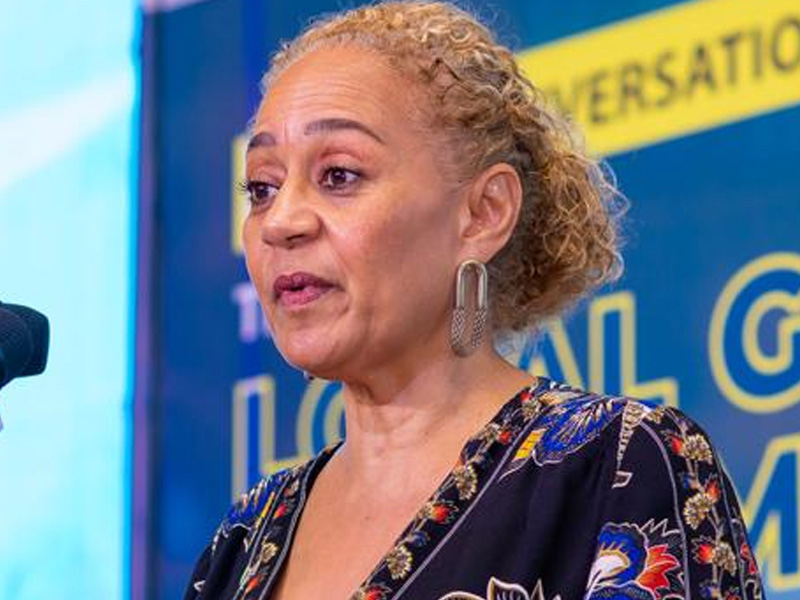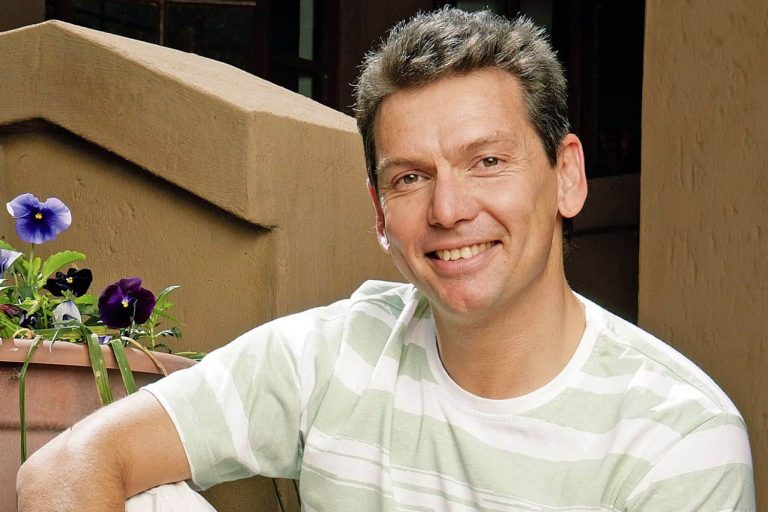
The United Kingdom has committed £19 million to support the development of climate-resilient health and education facilities in Nigeria, in partnership with the federal government, UNICEF, and the governments of Kano and Jigawa states.
The announcement came on Tuesday during the inauguration of 84 newly renovated facilities under the Climate Resilient Infrastructure for Basic Services (CRIBS) initiative.
In another development, the House of Representatives Committee on Health its expressed readiness to back proposals to further raise allocation to the country’s health sector in the 2026 budget as a means of narrowing the funding gap created by dwindling support from foreign donor support.
In a similar vein, Network of People Living With HIV/AIDS In Nigeria (NEPWHAN) said it will mobilise more Nigerians to subscribe to the National Health Insurance Scheme as a means of securing funding for treatment of HIV positive persons in the country.
Meanwhile, the CRIBS projects included 39 primary healthcare centresand 45 schools, redesigned with climate adaptation measures to withstand floods, droughts, and extreme heat.
Nigeria ranks second globally in climate-related risks to children, with millions affected annually by environmental hazards. The CRIBS programme seeks to address this challenge through cost-effective, scalable, and community-owned solutions
that can be replicated nationwide.
Head of Development Cooperation at the British High Commission in Abuja, Cynthia Rowe, said the UK was proud to support Nigeria in building resilience in its essential services.
Rowe stated, “This £19m commitment demonstrates how climate-resilient infrastructure can improve access to basic services for vulnerable populations. We hope this model inspires broader replication across Nigeria.”
UNICEF Representative in Nigeria, Wafaa Saeed, described the initiative as proof of the power of collaboration.
Saeed said, “By investing in climate-smart infrastructure, we are not only protecting services but also empowering communities to safeguard their children’s future. CRIBS is a model for how we can build resilience where it matters most, at the frontline of service delivery.”
The CRIBS initiative was developed through a broad partnership involving the UK government, Nigeria’s federal and state governments, UNICEF, World Bank, World Health Organisation, Sextant Foundation, JigSaw, Fab Inc, Crown Agents, and the UK Lafiya Programme.
The inauguration ceremonies in Kano and Jigawa featured ribbon-cutting, site visits, and community engagement, showcasing how climate-smart investments can safeguard lives and support children’s education.
Officials said the projects aligned with national and state priorities in climate action, health, and education, while highlighting the UK’s commitment to Nigeria’s efforts in climate adaptation and improved service delivery.
In his goodwill message at the stakeholders’ dialogue on Domestic Financing for HIV and TB, and Domestication of the HIV Anti Stigma Law in Abuja, Chairman, House Committee on HIV/AIDS, Hon. AmobiOgah, said the federal government needed to take the lead in the effort to shore up domestic financing to support various healthcare interventions, including treatment of HIV positive persons in the country.
Ogah, represented by his deputy, said Nigeria needed an estimated $8 billion annually to sustain the response against HIV/AIDS.
He said in the face of recent changes in the global funding, which led to the suspension of funding for Africa health systems by the US government, further gaps in funding had impacted negatively on the country’s fight against HIV/AIDS and TB.
Ogah stated, “It is my opinion that the suspension of funding of Africa’s health systems by the US government is a blessing in disguise because I believe the Nigerian government must take the lead in funding for the response to public health threats such as HIV, Tuberculosis and Malaria and not rely solely on foreign interventions.
“Since the withdrawal of funding, Nigerians both in the public and private space have begun conversations on how to rejig our financing architecture.”
According to the committee chairman, many brilliant and innovative solutions on how to mobilise domestic funding for the response against HIV and TB in Nigeria has been rolled out.
However, he said there was a need to streamline some of the solutions to provide a legislative framework for their implementation.
The dialogue organised by Network of People Living With HIV-AIDS in Nigeria (NEPWHAN), AHF, patients’ association and civil society organisations sought to articulate ideas on best strategies to attract more funds from domestic sources to support treatment of persons living with HIV-AIDS in Nigeria.
While welcoming participants to the dialogue session, National Coordinator of NEPWHAN, Mallam Abdulkadir lbrahim, said there was a need to look inwards to identify local sources of funding to finance health programmes, especially, as it had to do with HIV intervention programmesin the communities.
Ibrahim said, “We feel that domestic financing is very important considering the global health landscape and the recent uncertainty in health sector funding created by the United States policy shift.”
He disclosed that about 80-85 per cent of HIV positive persons were being supported with foreign aids.
According to him, about 85 per cent of funds deployed for HIV-AIDS intervention programmes in Nigeria comes from grants from United States, Global Fund, and other foreign donors, while the federal government contributes only 15 per cent.
Speaking on local funding sources that could be utilised to support treatment of HIV positive persons, Ibrahim said NEPWHAN was seeking to promote registration of more Nigerians into the National Health Insurance Scheme so as to serve as a pool of funds for the health sector.
AIDS Healthcare Foundation, one of the sponsors of the dialogue, said it looked forward to harnessing actionable solutions and strategies to improve domestic funding for the health systems.
Sunday Ehigiator, Onyebuchi Ezigbo



